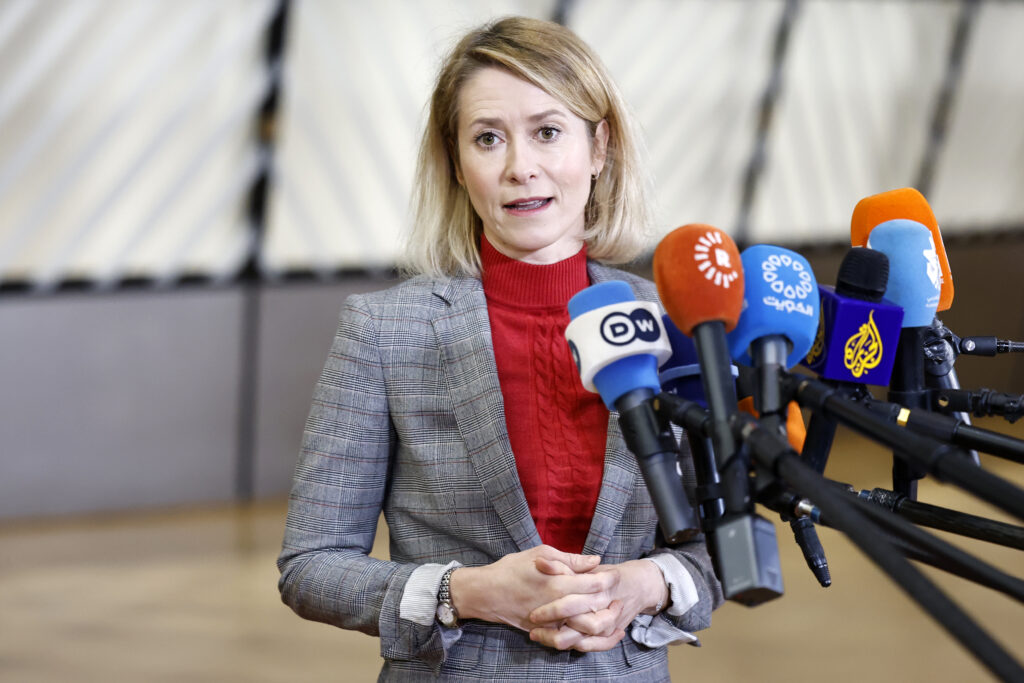AFP Asia Business
EU expected to put Iran Guards on ‘terrorist list’
EU foreign ministers are expected to agree Thursday to put Iran’s Revolutionary Guards on the bloc’s “terrorist list” after a deadly crackdown on mass protests, the EU’s foreign policy chief said.”If you act as a terrorist, you should also be treated as terrorists,” top diplomat Kaja Kallas told journalists ahead of the ministers’ meeting in Brussels.She said the step puts the Revolutionary Guards on the same level as jihadist groups such as Al-Qaeda and the Islamic State group.The symbolic move from the EU will send a strong message of condemnation to Iran after thousands were reported killed during the protests that rocked the country.The 27-nation bloc is also set to approve visa bans and asset freezes on 21 state entities and Iranian officials — expected to include the country’s interior minister — over the brutal repression. Iranian authorities acknowledge that thousands were killed during the protests, giving a toll of over 3,000 people, but say the majority were members of the security forces or bystanders killed by “rioters”. Rights groups dispute this, saying the toll is far higher and potentially in the tens of thousands, and noting that protesters were killed by security forces including the Revolutionary Guards (IRGC) directly firing on them.- France, Italy shift -The IRGC is the ideological arm of Tehran’s military and was created after the 1979 revolution to protect the clerical leadership. The Guards control or own companies across the Iranian economy, including major strategic sectors.”The estimate is that still the diplomatic channels will remain open even after the listing of the Revolutionary Guards,” Kallas said. The expected greenlight for blacklisting the IRGC came after France announced Wednesday it was backing the move, following a similar shift from Italy. Paris had widely been seen as reluctant to brand the IRGC as a terror group due to fears over the impact on Europeans detained in the country and a wish to keep diplomatic ties open. “There can be no impunity for the crimes committed,” French Foreign Minister Jean-Noel Barrot told reporters on arrival in Brussels.”This decision is also an appeal by France to the Iranian authorities to release the prisoners thrown by thousands into the regime’s prisons, to end the executions that are perpetuating the most violent repression in Iran’s modern history,” he said.Barrot urged Tehran to end an internet blackout and “give back to the Iranian people the capacity to choose their own future.”The EU has already sanctioned several hundred Iranian officials and entities over crackdowns on previous protest movements and over Tehran’s support for Russia’s war on Ukraine.The IRGC as a whole and senior commanders are already under EU sanctions, meaning that a move to add them to the terror blacklist is expected to have little practical impact on the organisation.

